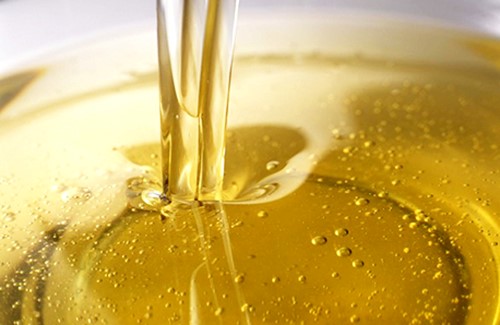
In this post, we will explore the topic of reusing and disposing of used cooking oil responsibly. Whether you’re wondering about the environmental impact, storage methods, or potential reuse options, we’ve got you covered. Let’s dive in:
1. Reusing Frying Oil:
- Can you reuse frying oil? Yes, frying oil can be reused, but it’s important to do so safely and within certain guidelines.
- Straining and filtering: After each use, strain the oil through a fine mesh strainer or cheesecloth to remove any food particles. Filtering the oil helps maintain its quality and prevents the development of off-flavors.
- Storage: Store the strained oil in a clean, airtight container away from direct sunlight and heat. Keep it in a cool, dark place until you’re ready to reuse it.
- Limitations: While frying oil can be reused, it should be done in moderation. Over time, the oil breaks down, becomes less stable, and may lead to undesirable flavors and compromised food quality. It’s best to discard the oil after several uses or when it starts to show signs of deterioration.
2. Proper Storage of Used Cooking Oil:
- Cooling the oil: Allow the used cooking oil to cool completely before handling or storing it. Hot oil can cause severe burns.
- Straining and filtering: As mentioned earlier, strain the oil to remove any food particles and debris.
- Airtight containers: Store the used cooking oil in a clean, airtight container to prevent oxidation and the absorption of unwanted odors.
- Refrigeration or freezing: To prolong the shelf life of the oil, consider refrigerating or freezing it. Refrigeration helps slow down the oxidation process, while freezing can further extend its usability. However, note that some oils may solidify when frozen, so be prepared for a change in texture.
3. Disposing of Used Cooking Oil:
- Recycling options: Many communities have recycling programs in place for used cooking oil. Check with local recycling centers, waste management facilities, or even nearby restaurants to see if they accept used cooking oil for recycling.
- Seal and dispose: If recycling is not available in your area, seal the used cooking oil in a leak-proof container and dispose of it in accordance with local regulations. Avoid pouring oil down the drain, as it can cause clogs and damage to plumbing systems.
4. Environmental Impact of Used Cooking Oil:
- Biodiesel production: Used cooking oil can be recycled and converted into biodiesel, an eco-friendly alternative to fossil fuels. Biodiesel production from waste cooking oil helps reduce greenhouse gas emissions and promotes sustainable energy practices.
5. Safety Considerations:
- Avoid mixing oils: It’s generally recommended not to mix different types of cooking oils when reusing them. Each oil has a specific smoke point and flavor profile, which can affect the quality and taste of the food.
- Monitor oil quality: When reusing cooking oil, pay attention to its color, odor, and taste. If it smells rancid, has a dark color, or imparts off-flavors to the food, it’s time to discard it.
In Summary: Responsible Handling of Used Cooking Oil
Properly handling used cooking oil is crucial for both the environment and your own safety. Whether you choose to reuse the oil or dispose of it, following the recommended guidelines ensures that you make informed choices and contribute to sustainable practices.
Frequently Asked Questions (FAQs):
- Can I reuse cooking oil multiple times?
- Yes, you can reuse cooking oil multiple times, but it’s important to monitor its quality and discard it when it starts to deteriorate.
- Can I mix different types of cooking oils when reusing them?
- It’s generally best not to mix different types of cooking oils when reusing them to maintain the integrity of flavors and prevent any undesirable reactions.
- How can I tell if used cooking oil has gone bad?
- Signs that used cooking oil has gone bad include a rancid smell, dark color, and off-flavors in the food cooked with it.
- Can I recycle used cooking oil?
- Many areas have recycling programs for used cooking oil. Check with local recycling centers or waste management facilities for options available in your community.
Tags: used cooking oil, reusing cooking oil, storing cooking oil, recycling cooking oil, responsible disposal, environmental impact, safety considerations, FAQs









